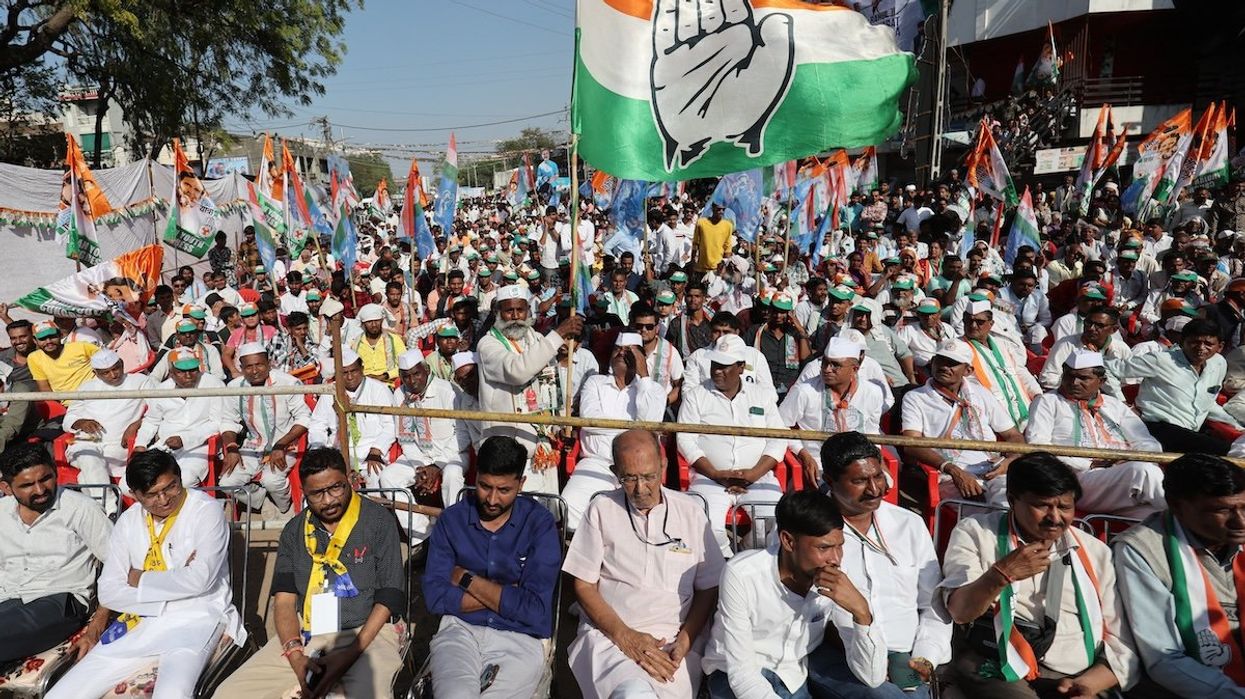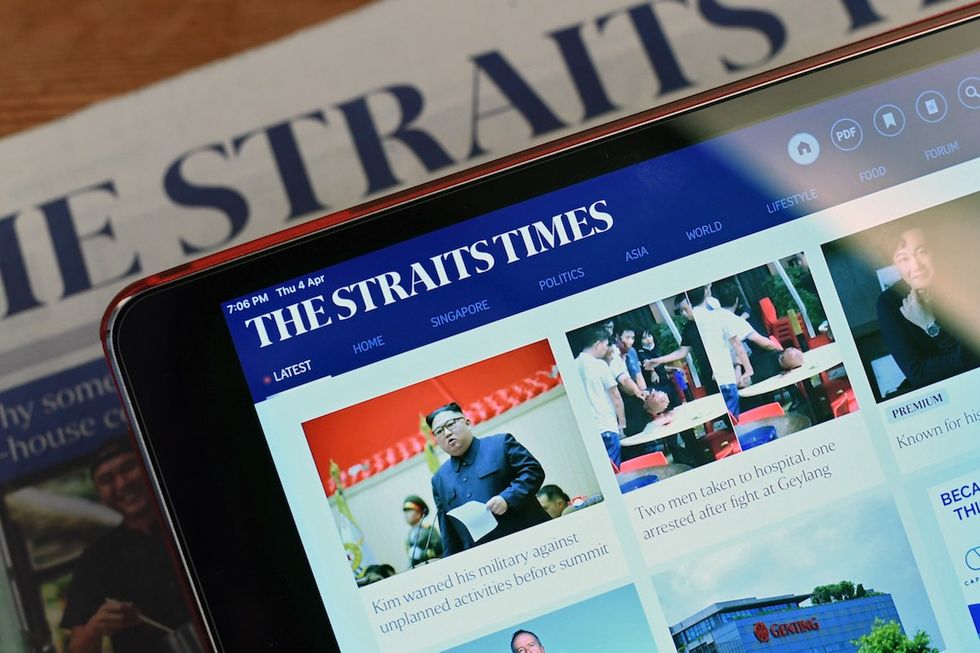News
Can India’s oldest party make a comeback?
The names Mahatma Gandhi, Jawaharlal Nehru, and Indira Gandhi are synonymous with Indian independence and the country’s early development. But with India starting to head to the polls on April 19, we ask what happened to their once-dominant Indian National Congress Party.
Apr 15, 2024








